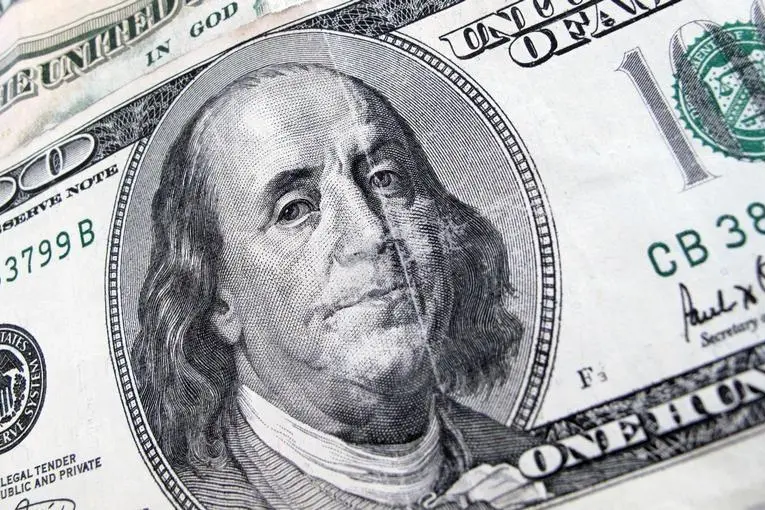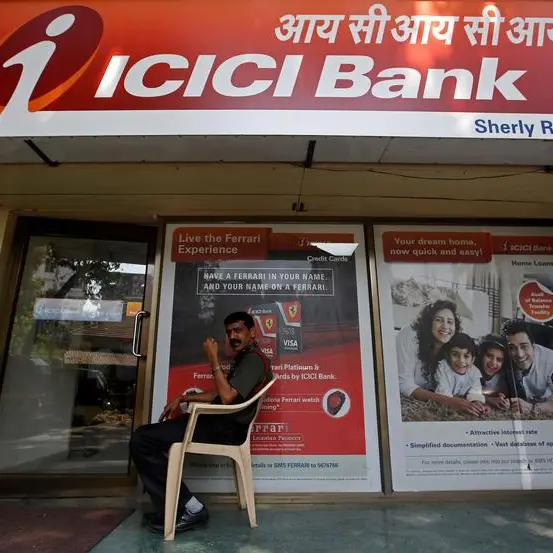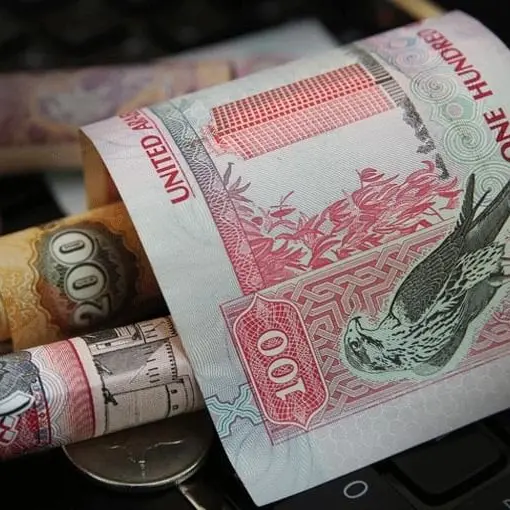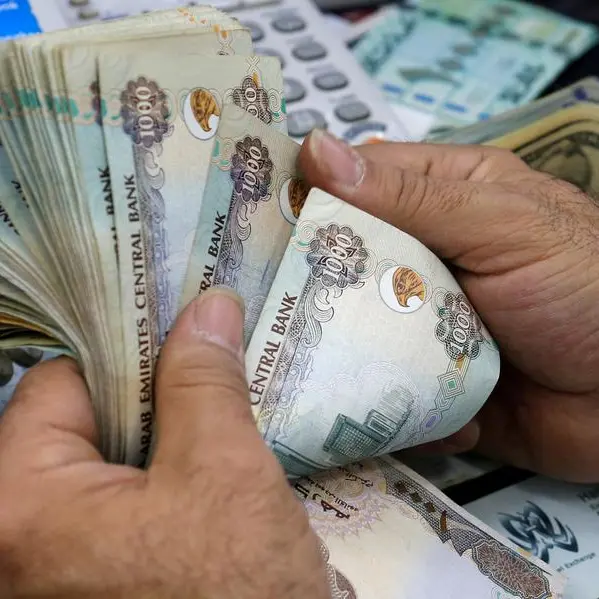PHOTO
Treasury yields at the short end edged higher on Friday after data on labor costs and wage growth suggested inflation remains elevated and raised fears of a recession, as the Federal Reserve seeks to cool the economy without sparking a sharp slowdown.
The Employment Cost Index increased 1.3% last quarter, with labor costs rising 5.1% on a year-on-year basis, the Labor Department reported, while wages and salaries shot up 1.5% in the second quarter and were up 5.3% year-on-year.
"The markets are pricing in a recession and they seem to be doing it fairly quickly," said Tom di Galoma, managing director at Seaport Global Holdings in Greenwich, Connecticut. "Everybody fears that inflation is a lot worse and yields will rise again at some point."
The yield on benchmark 10-year Treasury notes was unchanged at 2.681%. Earlier the yield rose following the release of economic data. The spread between two- and 10-year Treasury yields, a closely watched part of the yield curve as it can signal a recession when the short end is higher than the long, was at -23.0 basis points.
The two-year U.S. Treasury yield, which typically moves in step with interest rate expectations, rose 3.2 basis points at 2.909%. A gauge of inflation expectations rose, with the 10-year TIPS breakeven rate up 2.515%, indicating the market sees inflation averaging about 2.5% a year for the next decade. It suggested 2.4% inflation earlier in the week.
"The markets are on edge," di Galoma said. "We seem to be pricing in a recession by year-end. A lot of people think, and I'm probably one of them, that we're already in a recession."
The Commerce Department reported the second straight quarterly decline in gross domestic product on Thursday, as consumer spending grew at its slowest pace in two years and business spending declined.
Rising prices in the equity market, at least in the short term, will likely take some pressure off the Fed and allow the U.S. central bank to increase rates by at least 50 basis points in September, di Galoma said.
The Fed raised the federal funds rate by 75 basis points for the second time in two months on Wednesday, but many investors perceived inflation to be on the mend and will keep the Fed from aggressively tightening policy in the future.
The yield on the 30-year Treasury bond was down 1.2 basis points to 3.027%. The breakeven rate on five-year U.S. Treasury Inflation-Protected Securities (TIPS) was last at 2.773%.
The U.S. dollar 5 years forward inflation-linked swap , seen by some as a better gauge of inflation expectations due to possible distortions caused by the Fed's quantitative easing, was last at 2.520%.
(Reporting by Herbert Lash, Editing by Mark Heinrich)





















